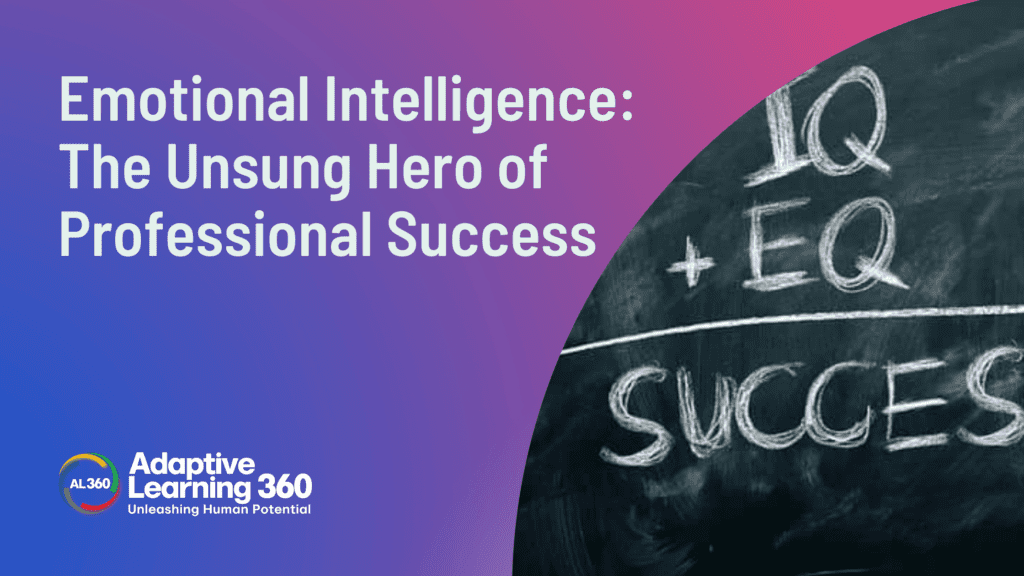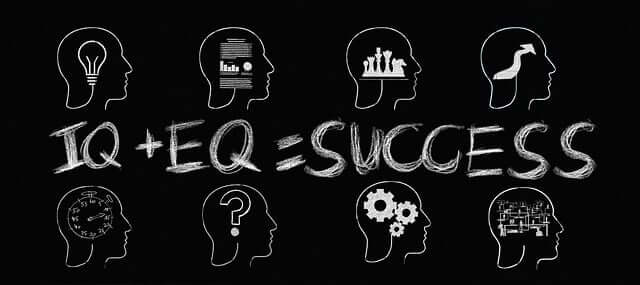Emotional Intelligence, or EQ as it’s sometimes known, might not be the first thing that
comes to mind when you think about climbing the ladder of professional success. While
hard skills, determination, and networking often steal the limelight, there’s a hidden gem
that plays an equally vital role in the journey to success. Yep, you guessed it! It’s Emotional
Intelligence. So, what exactly is Emotional Intelligence? Well, in a nutshell, it’s the ability to
understand and manage both your emotions and the emotions of others. Simple enough,
right? But the practical application of EQ in the workplace can be quite a game-changer.
Emotional Intelligence in the Workplace
Imagine this: You’re in a team meeting, and tensions are running high. Different opinions
are clashing, voices are raised, and it seems like the entire project is about to derail. Enter
Emotional Intelligence. With a high EQ, you can calmly assess the situation, understand the
underlying feelings causing the friction, and mediate a solution that satisfies everyone.
That’s pretty powerful stuff, isn’t it?
EQ and Leadership
Emotional Intelligence isn’t just for mediating disagreements; it’s a key component of
effective leadership. Leaders with high EQ are more empathetic, better at motivating their
teams, and generally create a more positive work environment. If you’re looking to rise
through the ranks, nurturing your EQ could be the secret sauce.
Emotional Intelligence and Relationships
Now, let’s talk about relationships in the workplace. You know, the connections with your
colleagues, bosses, clients, and even that friendly barista who always gets your coffee just
right. With a dose of Emotional Intelligence, you can navigate these relationships with ease.
You’ll become the go-to person for clients because you understand their needs. Colleagues
will value your opinions because you take the time to listen and validate their feelings.
Simply put, EQ can turn you into a relational superstar.
The Road to Success
You might be thinking, “This all sounds great, but how does Emotional Intelligence lead to
success?” Great question, reader! Let’s dive in.
The journey to success isn’t a straight line. There will be challenges, conflicts, and
roadblocks along the way. EQ equips you with the tools to navigate these obstacles with
poise and grace. It helps you foster a collaborative environment, lead with empathy, and
build strong, meaningful relationships. So, when you think about success, remember that it’s
not just about having the right qualifications or knowing the right people. It’s about
connecting with others on an emotional level and using those connections to create
something remarkable.
Conclusion
Emotional Intelligence might not be the most talked-about skill, but it’s undoubtedly an
unsung hero of professional success. Whether it’s mediating conflicts, leading a team, or
building relationships, EQ plays a pivotal role in the workplace.
In the quest to elevate our Emotional Intelligence, it’s essential to harness the power of
innovative tools designed for this very purpose. One such groundbreaking platform is
Adaptive Learning 360 (AL360). This tailored learning system not only assesses your current
EQ landscape but crafts a personalized pathway to nurture and amplify it. It integrates real-
time feedback, adaptive technology, and a supportive community, making EQ development
an engaging and fruitful journey. As we recognize the pivotal role of EQ in professional
success, platforms like AL360 stand out as indispensable allies, ensuring we’re equipped to
thrive in today’s dynamic professional arena.




